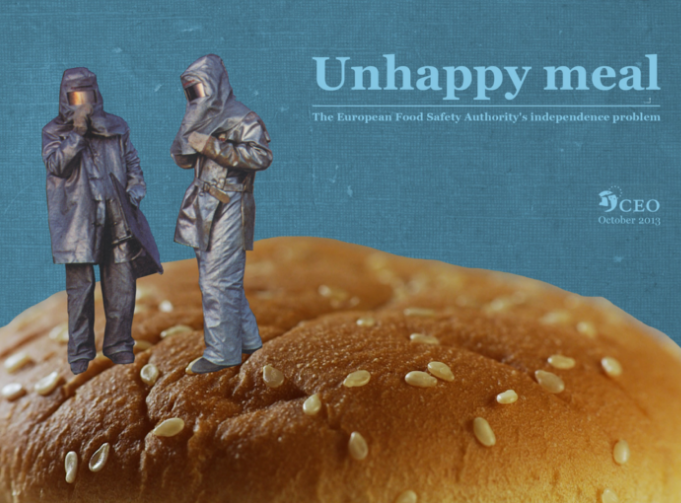
“European consumers are still not protected against multiple residue exposure, the accepted Maximum Residue Levels (MRL) are too high and pesticide residues in food are higher than 10 years ago”.
That’s according to the Pesticide Action Network Europe, which has been extremely critical of the recent information released by the European Food Safety Authority (EFSA).
The EFSA 2014 report, based on 2011 residue levels took more than 12,000 samples. “98.1 % of the tested food samples analysed complied with the legal limits and that 53.4 % of samples contained no measurable residues at all. The dietary risk assessment that was performed to estimate the long-term exposure of consumers confirmed that there was no long-term risk to consumer health through their diets from 99 % of the 171 pesticides assessed” the EFSA claimed.
The authority did concede that legacy pesticides were still an issue, while “the risk assessment that focussed on the short-term exposure revealed that potential consumer health concerns could not be excluded in 253 instances should the products that contained residues in high concentrations be consumed in high amounts. Finally, an acute risk assessment was carried out for pears that contained multiple residues of pesticides that share the same toxicological effects. Two samples of pears exceeded the toxicological threshold for cumulative effects.”
Nevertheless, PAN Europe have serious questions over the whole process: “PAN Europe denounces the fact that EFSA still does not take into account long-term exposure to pesticides mixtures through food” the organisation states, referring to the policy of texting individual pesticides rather than designing a testing regime more reflective of consumer habits and typical culmative exposure over time.
“26.5% of the food we consume contains at least two pesticides and the potential synergistic effect of these multiple exposures is not taken into account in EFSA’s risk assessment” PAN Europe add. What’s more, the “EFSA has made a massive relaxation of MRLs in 2008″ which reduced the appearance of the problem, but not the reality, they contend.
Pesticide residues have in fact been increasing, while links to cancers, endocrine disruption, Parkinsons and even the diseases of western civilization and a range of other issues have increased in tandem. Indeed, as the previous links show, pesticides are showing up in the air, water, animal issue and breast milk, in doses formerly considered safe but now considered troublesome by many researchers.
This is all the more concerning as, as PAN Europe revealed last week “the health commission of the European Union (DG SANCO), which is responsible for protecting public health, is attempting to develop a procedural “escape route” to evade an upcoming EU-wide ban on endocrine disrupting pesticides” Independent Science News reported yesterday. Moreover, as Corporate Europe Observatory (CEO) and others have reveled, the ESFA have had very close connections to the pesticide industry, connections for which they have twice been wrapped over the knuckles for by the European Parliament in 2012 and even earlier this year.
For more on pesticides see the dedicated section of Arc2020.eu.





